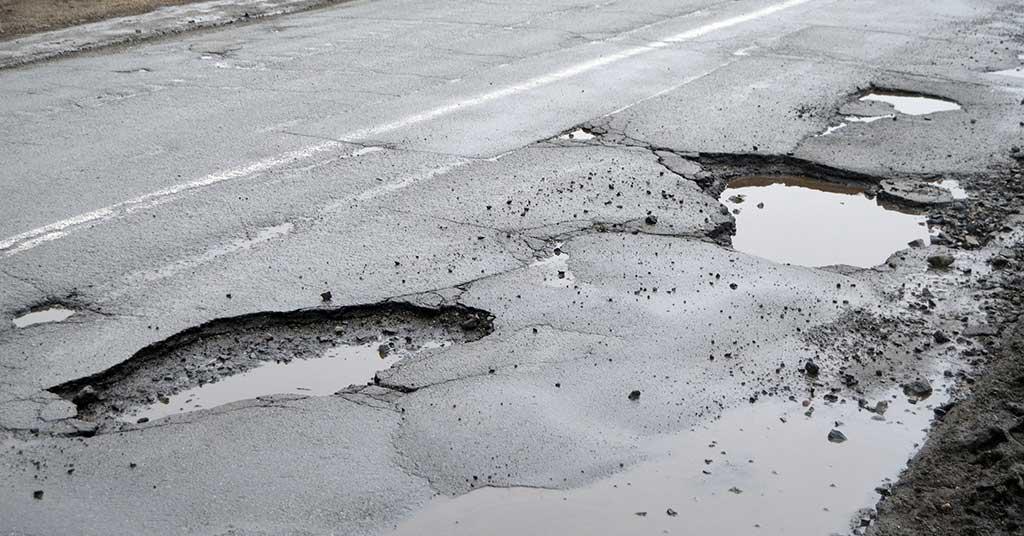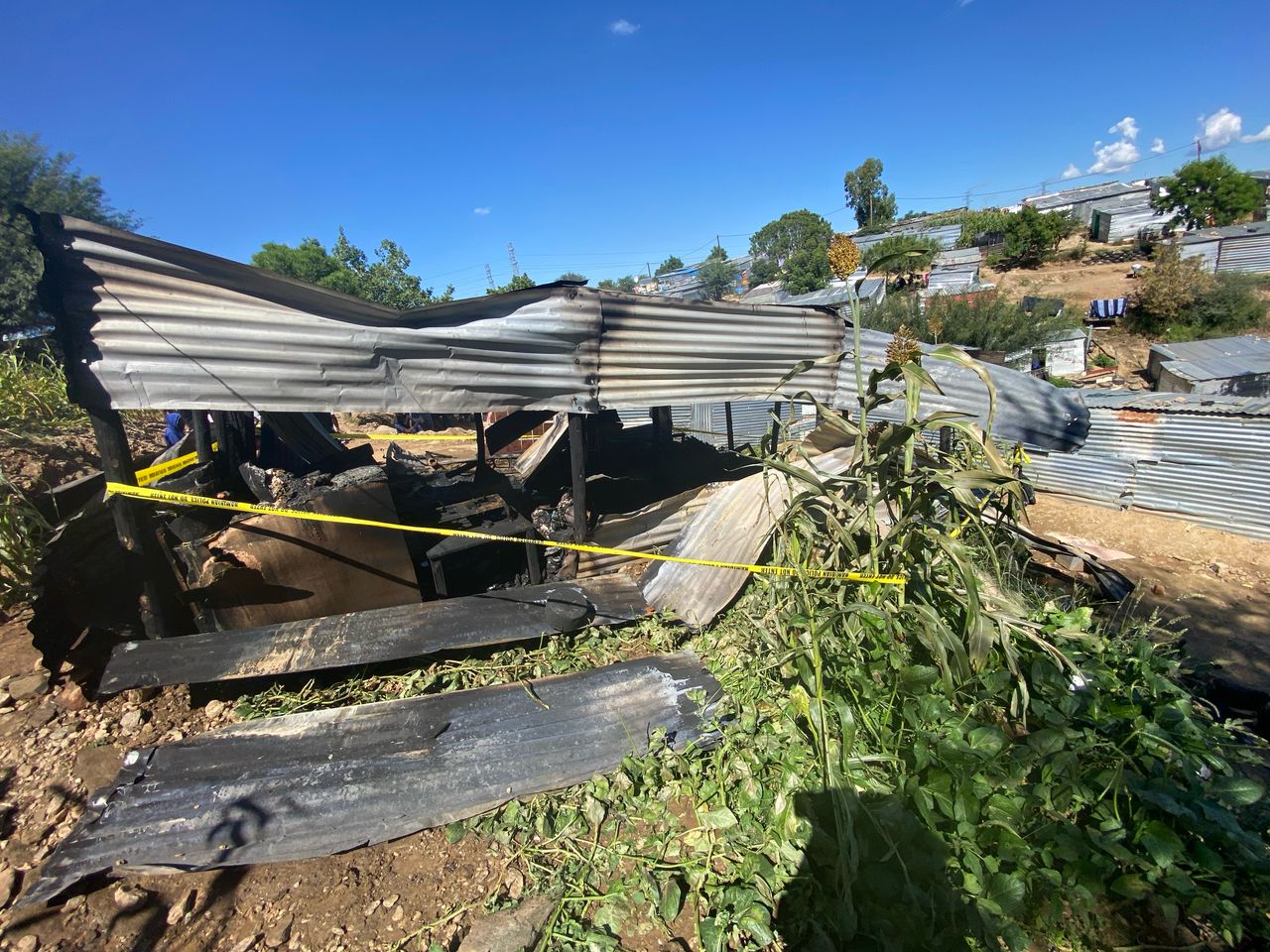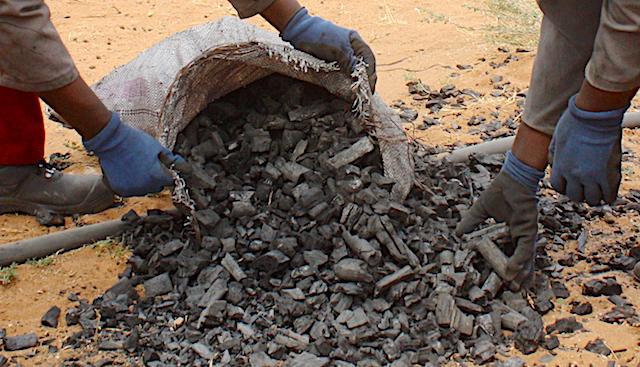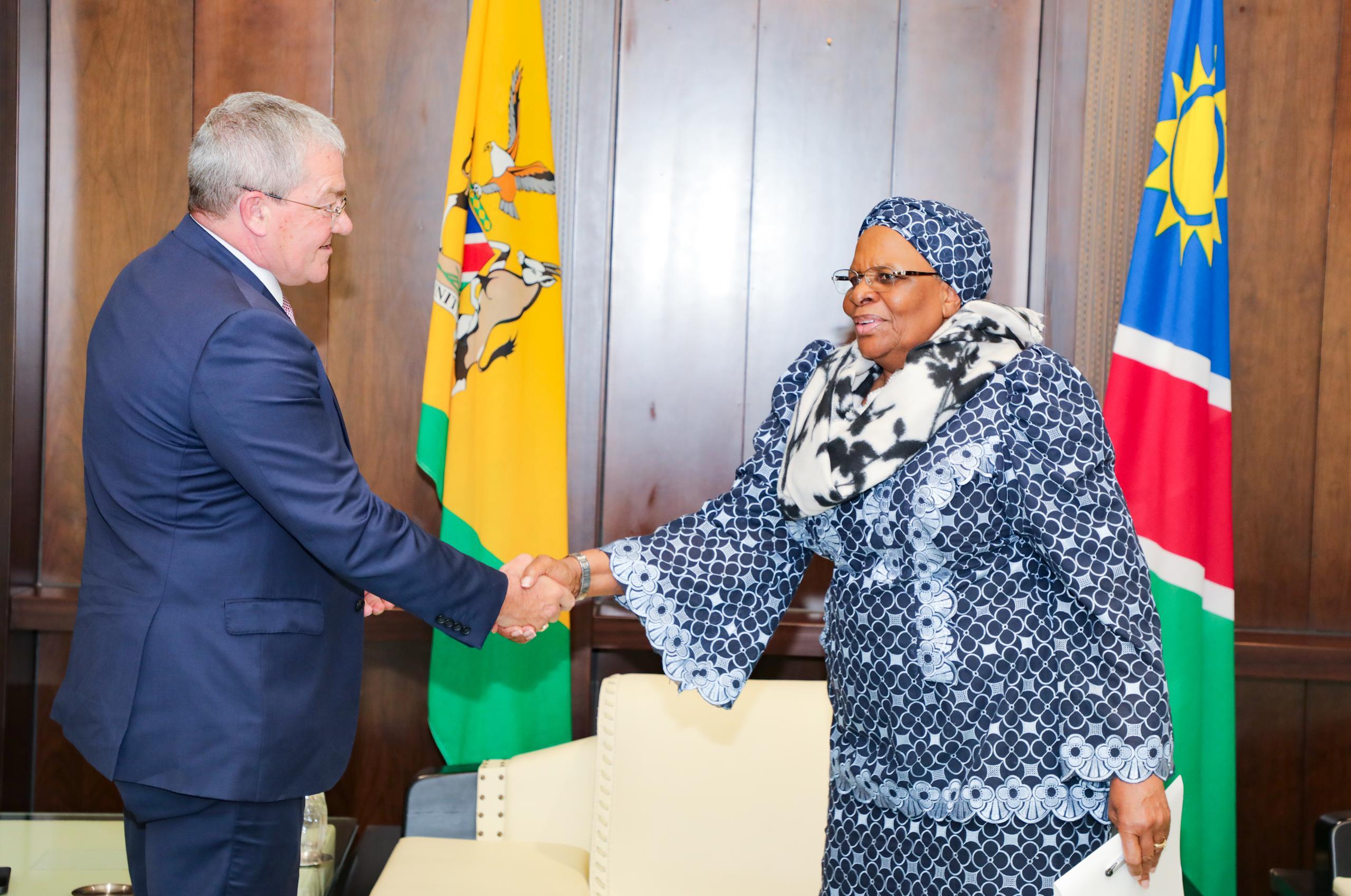Let us pray that the current laissez-faire approach to public debt is brought to an end this year. Parliament come in, come in …
Namibia’s central government debt has grown more than 10% – to about N$166 billion – from a year ago.
In other words, government borrowing is equivalent to 66% of the country’s economy, denoted to gross domestic product (GDP).
Less than 10 years ago, public debt amounted to not more than 30% of the GDP.
Put differently, the government will have to spend close to N$14 billion this year on paying interest for the debt. That is money out of tax coffers that could very well have been better spent on supporting sustainable and long-term food and energy security for Namibia.
Borrowing in itself is not a problem – that should be clear. However, there’s a carefree attitude that a state does not become bankrupt and therefore can borrow endlessly to take care of its population.
Look no further than neighbours Mozambique, Zambia, Zimbabwe and now Botswana, who are beginning to feel there’s a point at which debt causes direct pain for citizens when not well managed.
Zambia remains in a vicious cycle of debt with the population’s living conditions and poverty not improving.
Botswana is experiencing electricity blackouts after its power utility raked up huge debt with South Africa’s Eskom amid heavy reliance on its power supply.
The problem is not the borrowing. Trouble comes when the money borrowed pays for short-term, non-productive spending that does not lead to growing the economic pap and vleis.
Namibia’s government has spent billions of dollars on what are now clearly white elephants, like the N$7.5-billion fuel storage facility.
Overspending on new nice-to-haves like three-lane freeways, bridges, underpasses and fancy over-carriage roads, instead of maintenance of infrastructure, has now been exposed by a non-functional railway and potholes that are solely being blamed on this year’s generous rain.
It is encouraging that new members of the National Assembly are demanding documents to approve this year’s budget with better information and a deeper understanding of how tax funds will be used.
The parliament needs to go further than merely asking for documents. Lawmakers should demand and set boundaries around government borrowing.
They should know how much and for what is borrowed in the name of their voters. The public should be informed what loans the government is guaranteeing, especially for many of the mismanaged money-gobbling parastatals and so-called public enterprises.
Moreover, the parliament should set a ceiling on borrowing with an oversight body, guided by experts, to be able to curtail runaway debt.
We don’t need to pray. Lawmakers, especially the opposition, should realise they are the alternative government leaders to whom voters will turn if they don’t see the current rulers bring about improvements.
Don’t wait until you are voted into power before you realise the tax coffers are empty with no money to fulfil election promises, because borrowed funds were wasted on vanity projects and empty rhetoric.
Stay informed with The Namibian – your source for credible journalism. Get in-depth reporting and opinions for
only N$85 a month. Invest in journalism, invest in democracy –
Subscribe Now!










